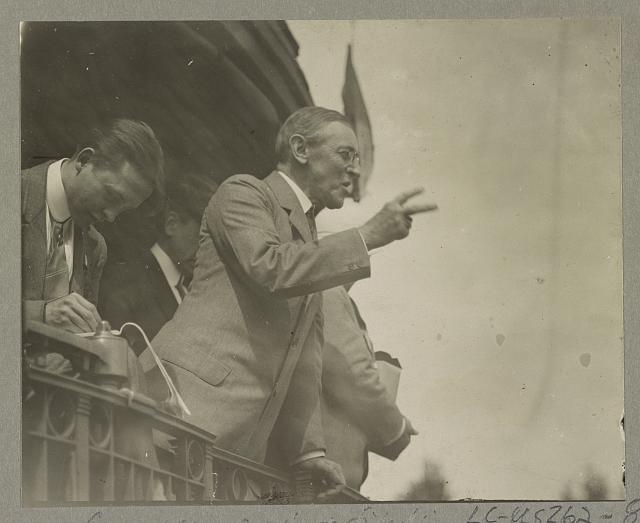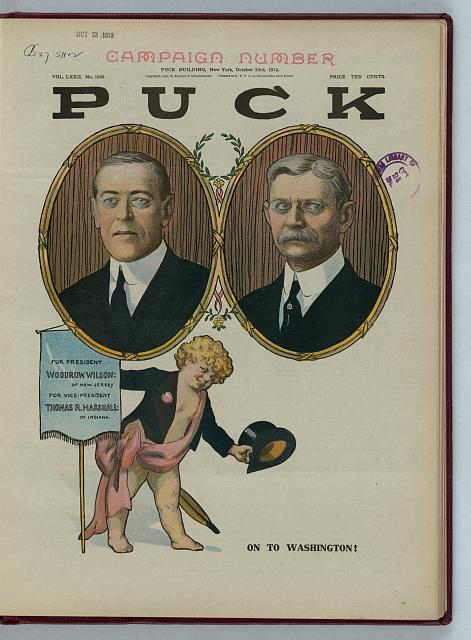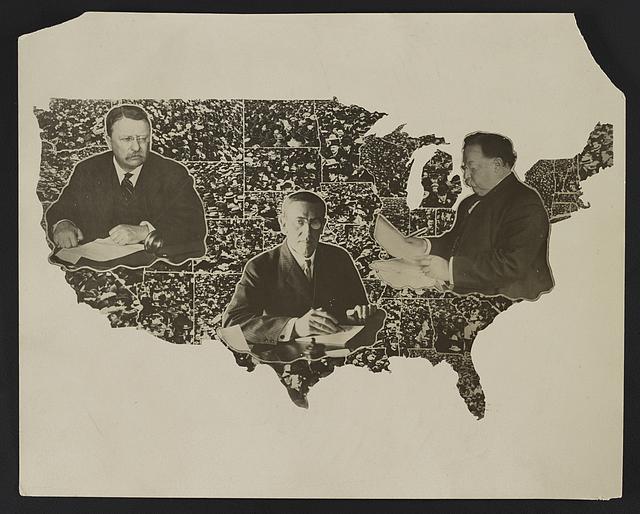
In 1910, Wilson was picked by party bosses to run for Governor of New Jersey and won an overwhelming victory as a Democrat in a normally Republican state. As Governor of New Jersey, he disavowed the party bosses that had helped him get elected and established an impressive record of progressive political reforms. Due to Wilson’s legislative accomplishments as governor he became a rising star in the democratic party and within two years he was the Democratic nominee for president in 1912.
The Presidential election of 1912 was a three way race between former President Theodore “Teddy” Roosevelt, Roosevelt’s hand picked successor and current President William Howard Taft and future president Woodrow Wilson. Teddy Roosevelt abandoned the Republican party after Williams Howard Taft was renominated and ran for a third term as the Progressive parties candidate nicknamed “the Bull Moose Party”.

Taft ran on a largely conservative platform but stayed away from campaigning making the 1912 election a fight between the progressive ideas of Roosevelt and Wilson. Both candidates proposed progressive reforms in government such as new banking regulations and government regulations of monopolies with Wilson's political platform titled “The New Freedom” and Roosevelt's, “The New Nationalism”. They were very similar to each other, the only differences being that Wilson believed that tariffs should be lowered and corporate monopolies should be broken up while Roosevelt believed they should be left intact though heavily regulated.

With Taft and Roosevelt splitting the Republican vote, Wilson was able to win in an electoral landslide while only receiving a plurality of the popular vote. With Wilson’s election and a supporting majority in the House of the representatives and Senate, the progressive cause took center stage and Wilson became its standard bearer.
The Woodrow Wilson House, a site of the National Trust for Historic Preservation, opened to the public as a museum in 1963. We take our responsibilities seriously as stewards of this House. We share Wilson's legacy, a legacy that includes WWl, the League of Nations, and visions of world peace as well as policies that institutionalized racism, segregation and loss and obstruction of civil liberties. As historians, preservationists and educators we are determined to share the truth of history, even when it is not complimentary to its subjects. An honest appraisal of history helps us understand ourselves as a nation and as a people.
The Woodrow Wilson House is regularly open to the public for guided tours, serves school and other group tours, is available for public meetings, corporate events, and weddings, presents exhibitions in its gallery, and offers educational programming.
We hope you will join us, visit us, support our mission by donating or volunteering, or sign-up for our newsletter to stay updated. Please contact us with any questions.
